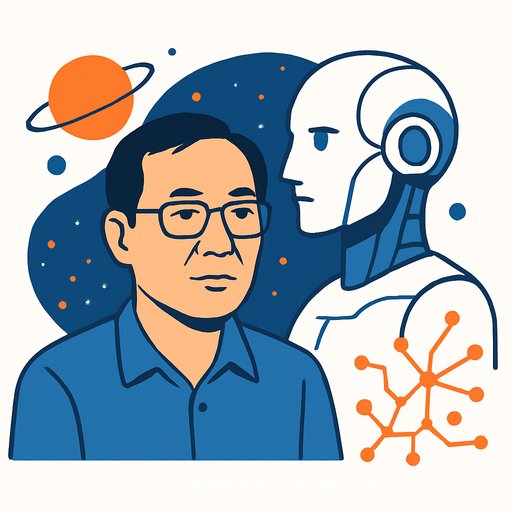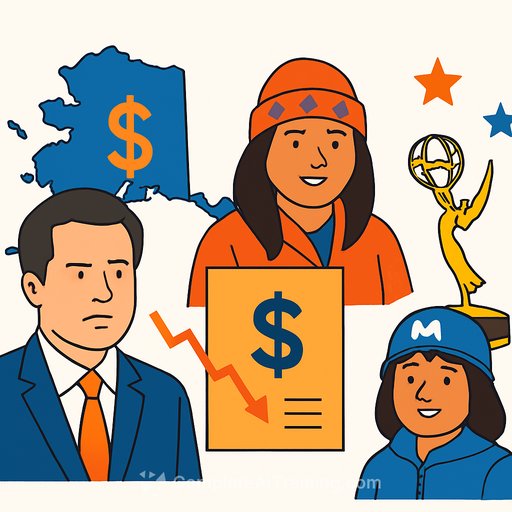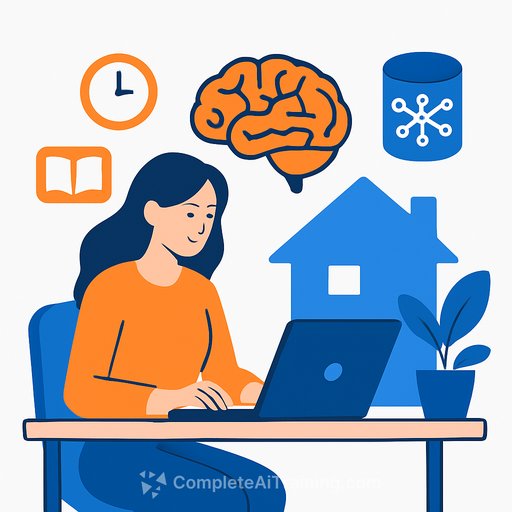AI Is Now Writing Obituaries—and Business Is (Unfortunately) Good
AI chatbots like ChatGPT have become the new greeting cards in a way: offering a calm, prewritten set of words meant to capture complex emotions for those who either cannot or choose not to write them themselves. Today, funeral homes and grieving families are increasingly turning to AI to write obituaries—something traditionally so personal that people might want to control it as a final expression of their feelings for a loved one.
Take Jeff Fargo, 55, who told a major publication that he “emptied his soul into the prompt” when asking ChatGPT to write an obituary for his mother. Someone who’s skilled with words chose to let AI handle this delicate task to ease the pain and pressure of finding the perfect phrases that summarize a whole life. While some argue that the struggle to find those words is part of grieving, many see AI as a way to avoid that emotional challenge, ending up with a generic, Hallmark card-style message that could fit anyone.
The AI-Written Obituary Business Is Booming
Startups like CelebrateAlly and AI chatbots specializing in obituary writing have entered this niche. Another tool, Nemu, helps the bereaved catalog the deceased’s belongings. On the surface, these services seem helpful, but digging deeper reveals a troubling trend: stripping away the human element from one of the most emotional acts of writing. Outsourcing this to the same technology that generates your boss’s emails feels cold and impersonal.
Yet, results speak volumes. Fargo’s ChatGPT-generated obituary resonated so much with his family that he’s planning to use AI again for his father’s eventual obituary, even mentioning he’ll use OpenAI’s “Deep Research Mode” to prepare it. He talks about this future obituary casually, like a DJ hyping an upcoming gig—detached yet confident in AI’s ability to deliver.
Offloading tedious tasks to AI makes sense, but can outsourcing emotions ever feel fulfilling? The language AI generates isn’t truly yours. Our memories choose words for reasons we don’t fully understand, and that specificity is what gives obituaries their depth. Skipping that painful process can feel like avoiding grief rather than confronting it.
Recently, after putting down an old dog, I found solace by writing my emotions by hand. Despite being a professional writer, I struggled with editorial instincts—spotting errors, thinking of better phrasing. Still, I value every messy word because I was part of the process. Grief is messy, and that messiness in writing is part of healing. Outsourcing it to AI removes that personal involvement, the only true way through pain.
We live in a convenience-obsessed era where technology expedites tasks, often at the cost of emotional depth. The rush to speed up grieving fits this pattern. Big tech is eager to disrupt every corner of life where money can be made, even in places it arguably shouldn’t touch. This intrusion into grief feels inevitable, much like death itself.
What Writers Should Consider
- Writing obituaries involves more than just words; it’s an emotional exercise that helps process loss.
- AI tools can assist with drafts, but relying solely on them might dilute personal meaning.
- Those who write professionally may find AI useful for structure or overcoming writer’s block but should retain their unique voice.
- Consider the balance between convenience and emotional authenticity when using AI in sensitive writing.
For writers interested in exploring AI tools thoughtfully, there are many courses and resources available to understand AI’s strengths and limits in creative tasks. Check out Complete AI Training’s ChatGPT courses to gain practical insight.
Your membership also unlocks:






